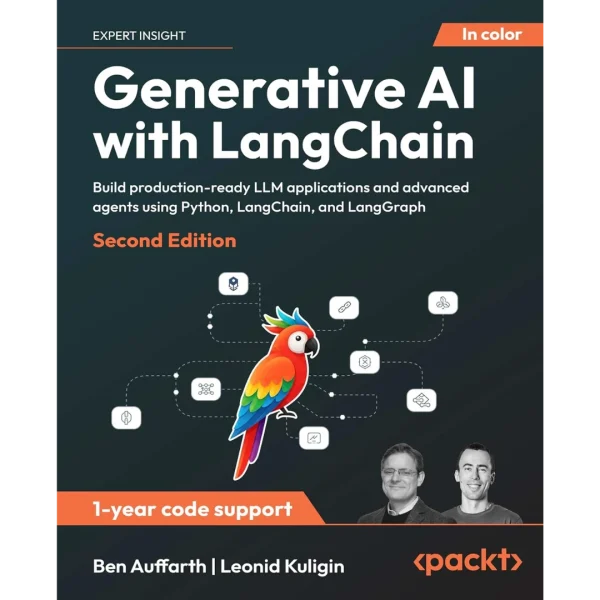
Generative AI with LangChain: Build production-ready LLM applications and advanced agents using Python, LangChain, and LangGraph
Original price was: $59.99.$19.95Current price is: $19.95.
✔️ (PDF) • Pages : 477
This second edition tackles the biggest challenge facing companies in AI today: moving from prototypes to production. Fully updated to reflect the latest developments in the LangChain ecosystem, it captures how modern AI systems are developed, deployed, and scaled in enterprise environments. This edition places a strong focus on multi-agent architectures, robust LangGraph workflows, and advanced retrieval-augmented generation (RAG) pipelines.
You’ll explore design patterns for building agentic systems, with practical implementations of multi-agent setups for complex tasks. The book guides you through reasoning techniques such as Tree-of -Thoughts, structured generation, and agent handoffs—complete with error handling examples. Expanded chapters on testing, evaluation, and deployment address the demands of modern LLM applications, showing you how to design secure, compliant AI systems with built-in safeguards and responsible development principles. This edition also expands RAG coverage with guidance on hybrid search, re-ranking, and fact-checking pipelines to enhance output accuracy.
Whether you’re extending existing workflows or architecting multi-agent systems from scratch, this book provides the technical depth and practical instruction needed to design LLM applications ready for success in production environments.
What you will learn
- Design and implement multi-agent systems using LangGraph
- Implement testing strategies that identify issues before deployment
- Deploy observability and monitoring solutions for production environments
- Build agentic RAG systems with re-ranking capabilities
- Architect scalable, production-ready AI agents using LangGraph and MCP
- Work with the latest LLMs and providers like Google Gemini, Anthropic, Mistral, DeepSeek, and OpenAI’s o3-mini
- Design secure, compliant AI systems aligned with modern ethical practices
Who this book is for
This book is for developers, researchers, and anyone looking to learn more about LangChain and LangGraph. With a strong emphasis on enterprise deployment patterns, it’s especially valuable for teams implementing LLM solutions at scale. While the first edition focused on individual developers, this updated edition expands its reach to support engineering teams and decision-makers working on enterprise-scale LLM strategies. A basic understanding of Python is required, and familiarity with machine learning will help you get the most out of this book.
Table of Contents
- The Rise of Generative AI: From Language Models to Agents
- First Steps with LangChain
- Building Workflows with LangGraph
- Building Intelligent RAG Systems with LangChain
- Building Intelligent Agents
- Advanced Applications and Multi-Agent Systems
- Software Development and Data Analysis Agents
- Evaluation and Testing
- Observability and Production Deployment
- The Future of LLM Applications
11 reviews for Generative AI with LangChain: Build production-ready LLM applications and advanced agents using Python, LangChain, and LangGraph
You must be logged in to post a review.
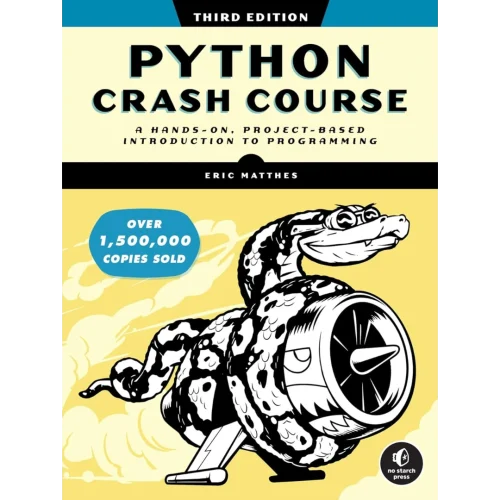
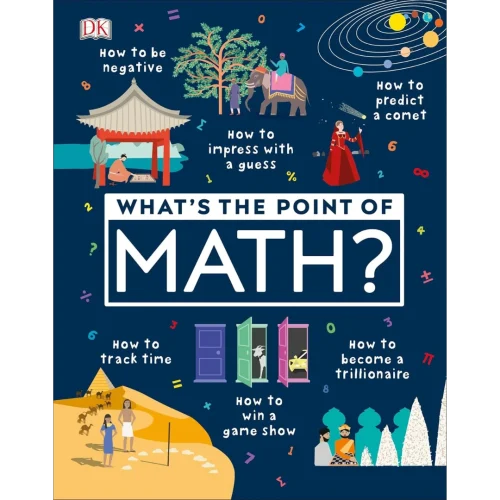
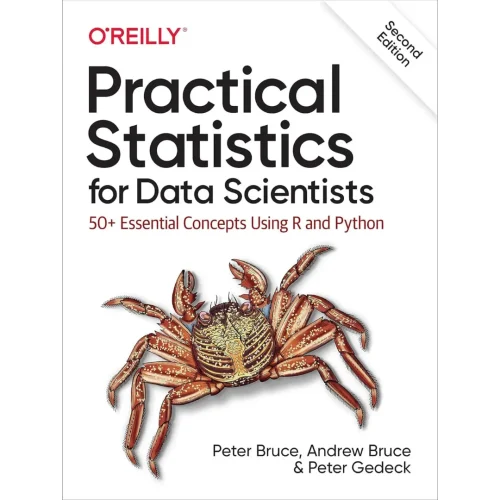

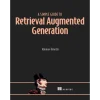


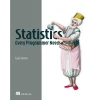
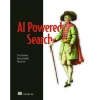
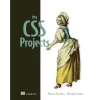
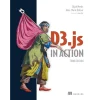
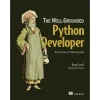


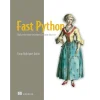
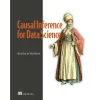
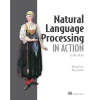
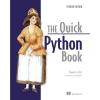
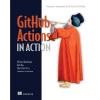
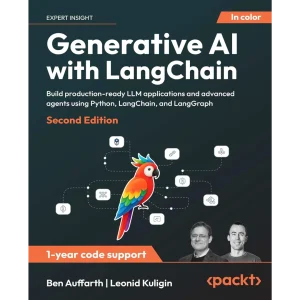
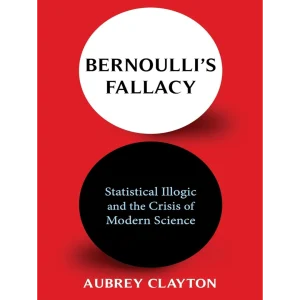
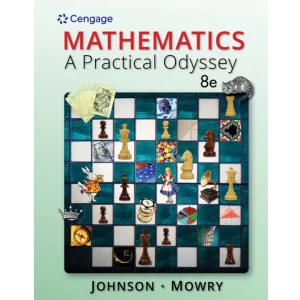

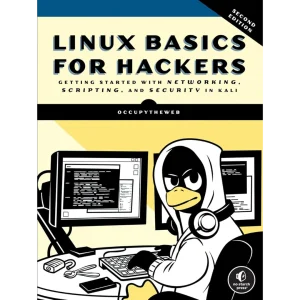
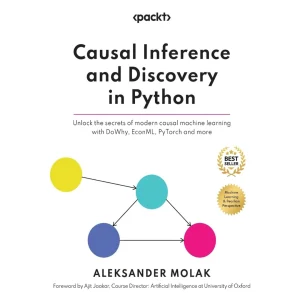
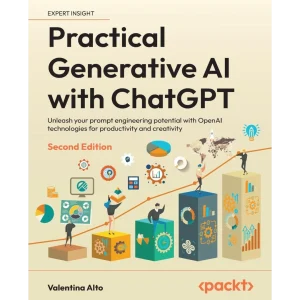
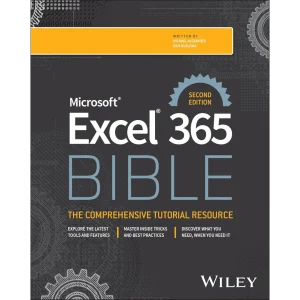
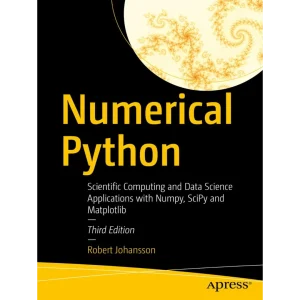

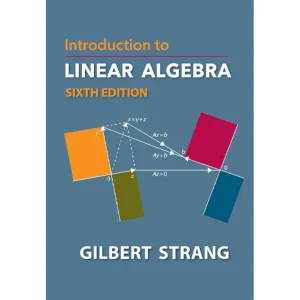
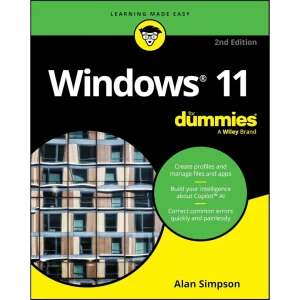
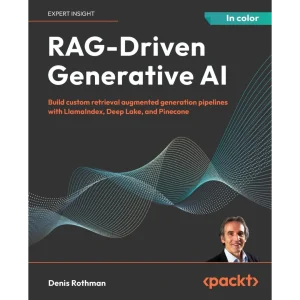
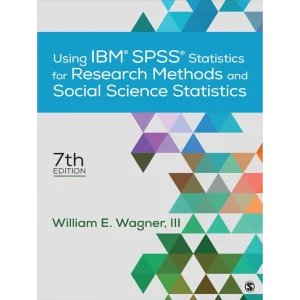
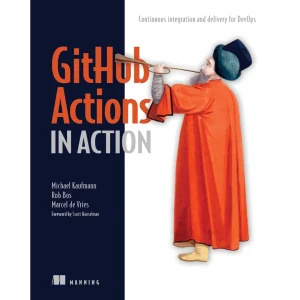
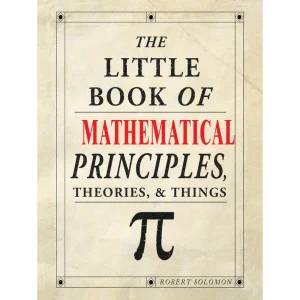
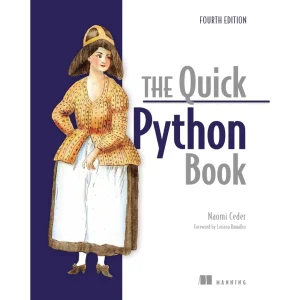
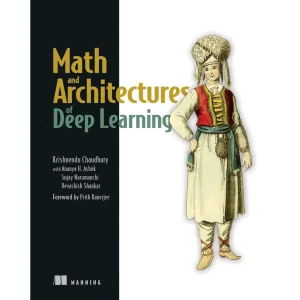
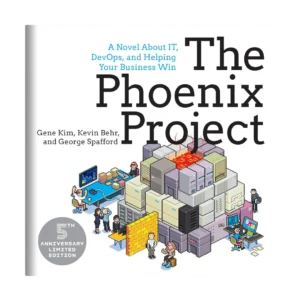

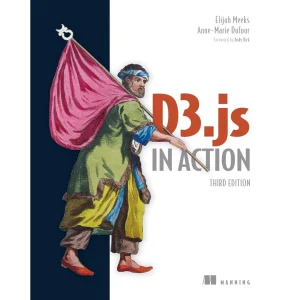
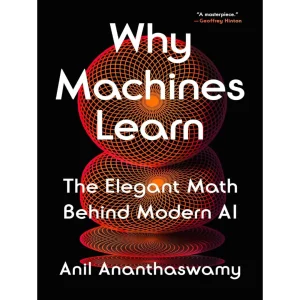
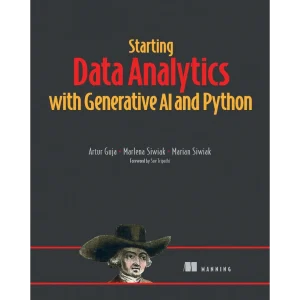

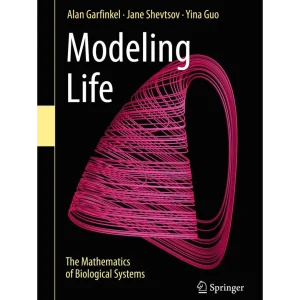
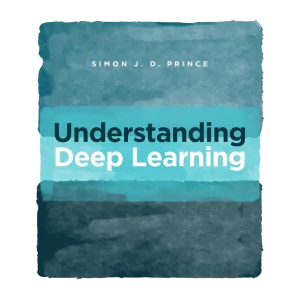
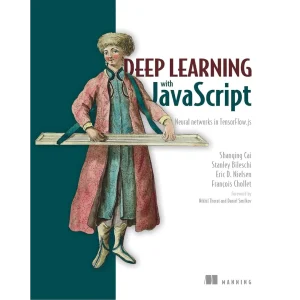
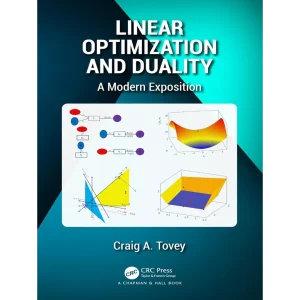
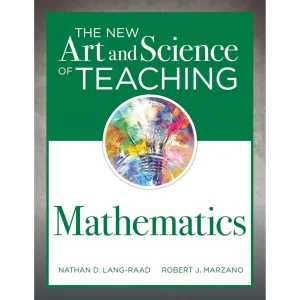
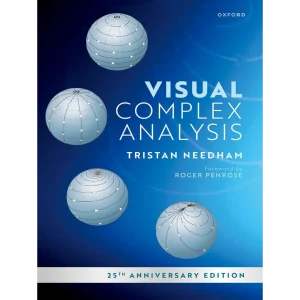


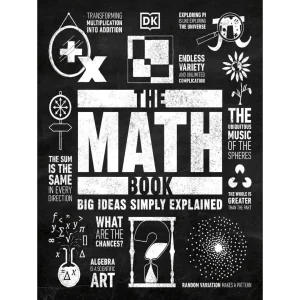
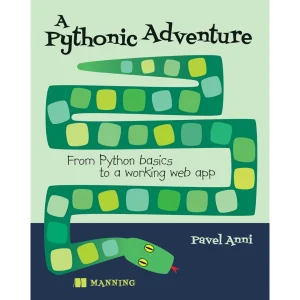





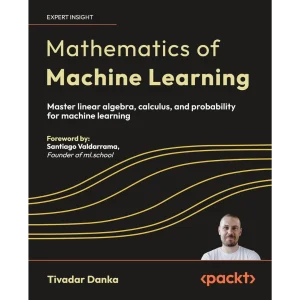
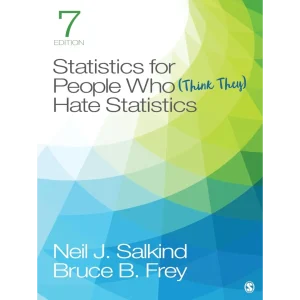

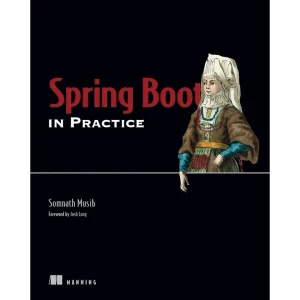


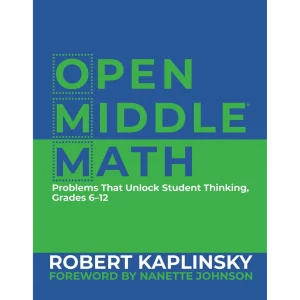
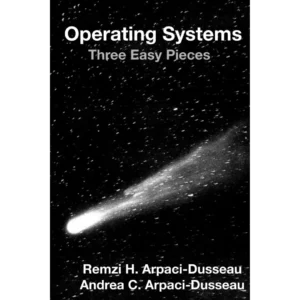
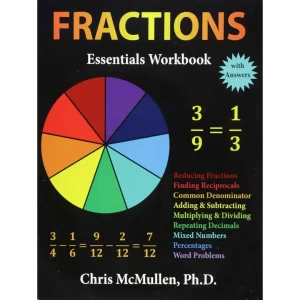

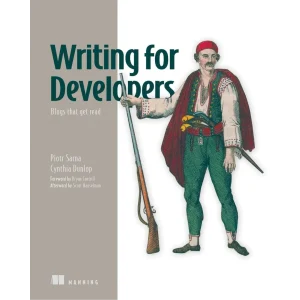

Tans (verified owner) –
I think this book is living up to the expectation of being beyond documentation – it helps you build things with LangChain. I have read the previous edition and the focus towards Agents in this edition is the best thing that the Author could have done.
I am curious to know how would the one-year code support looks like for the book given books like these become obsolete soon!
arsalan (verified owner) –
A very handy resource to all-things Langchain and Agents. The introduction of Agents and LangGraph has been a welcome change in the current edition – plus, I have read books from both the author’s before and they are excellent writters.
POE (verified owner) –
This book includes great insights to various LLM models, providers, and licensing. Limitations, challenges, and opportunities are also covered. The authors make no assumptions and provide helpful information on API key setup, and how to use LangChain.
LangGraph fundamentals are also covered with a specific look at how to build workflows. I especially enjoyed the “Software Development and Data Analysis Agents” section which includes LLM-based software engineering approaches. There is so much great content in this book. I read through it once and will do so again with my fingers on the keyboards so I can start experimenting.
Great resource!
Anuj Gupta (verified owner) –
I found this book really helpful for moving past the basics. It covers more ground than just building basic workflows; it also covers leveraging LangGraph, collaborating with different agents, and ensuring that your program is reliable and production-ready. The examples are useful, and developers who want to make the best out of frameworks like LangChain, LangGraph to build dependable LLMs and Agents. Definitely recommend it.
Ajay (verified owner) –
It’s one thing to build an AI prototype.. but this book shows you how to make that prototype work in the real world. You’ll learn how to design multi-agent systems, test thoroughly, and build secure, scalable applications using today’s most popular LLM tools.
Swati (verified owner) –
A must-read for anyone building real-world LLM applications! Practical, well-structured, and packed with hands-on examples using LangChain, LangGraph, and RAG. Ideal for developers moving from prototype to production.
Tomica Kaniski (verified owner) –
I’ve just started reading this book and diving into the hands-on labs, but I’m really impressed! As I’m not a Python expert or a professional AI engineer, I find this book easy to follow. The explanations are clear and practical, and the labs make it easy to start building things right away. All needed is explained in a way that makes sense without being overwhelming (at least that’s my view). As I’m progressing through this book, I’m learning not just what the tools do, but how and when to use them in real-world examples. Highly recommended this well-written resource to anyone curious about building stuff with LangChain.
Steven Clarke (verified owner) –
Only a fraction of the way through this book but it has been very helpful for understanding how to use this very powerful framework to accomplish things.
Langgraph has been especially mind blowing after writing scrappy python code to organize everything.
The book is even better when you consider how daunting and unstructured langchain’s documentation can be. Would recommend for developers looking to understand practical design patterns for AI applications.